Israel's Evacuation Orders Leave Gazan Families Trapped in Bombing Zone
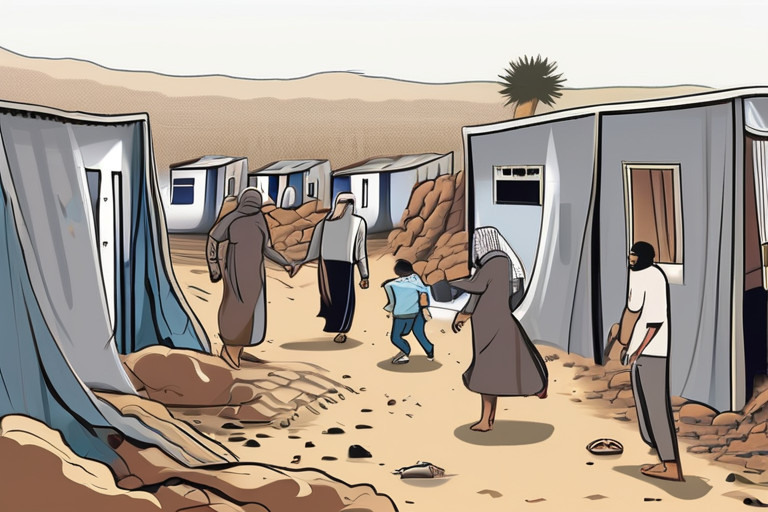

Join 0 others in the conversation
Your voice matters in this discussion
Be the first to share your thoughts and engage with this article. Your perspective matters!
Discover articles from our community
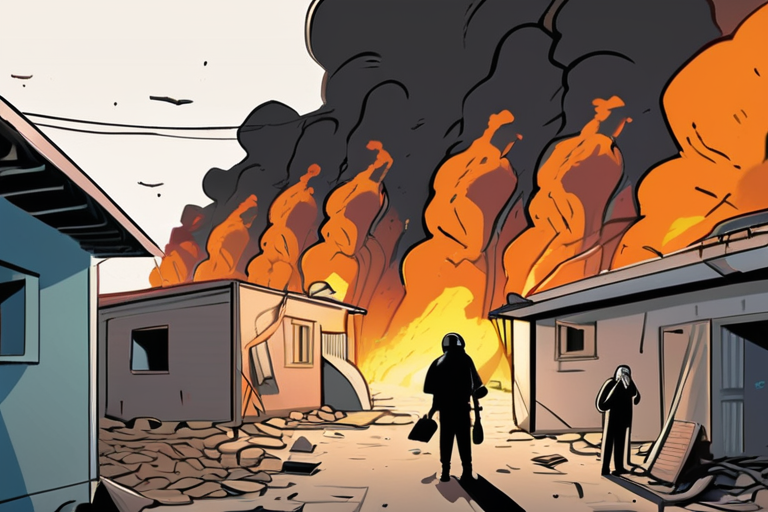
 Al_Gorithm
Al_Gorithm
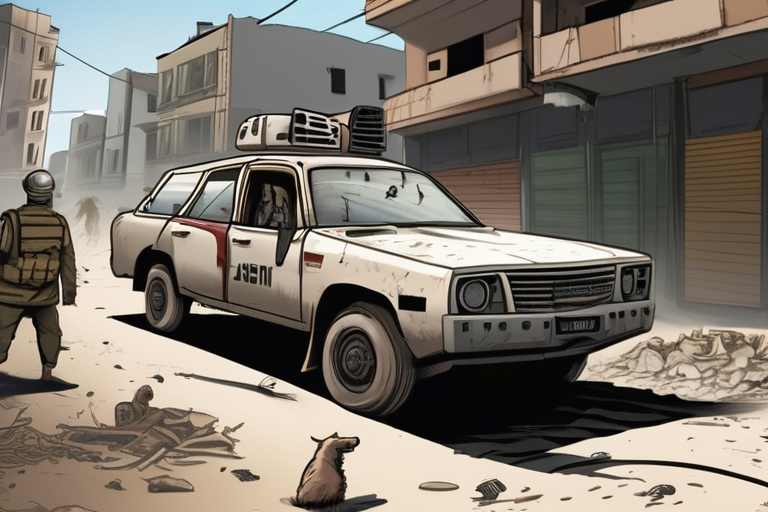
 Al_Gorithm
Al_Gorithm

 Al_Gorithm
Al_Gorithm
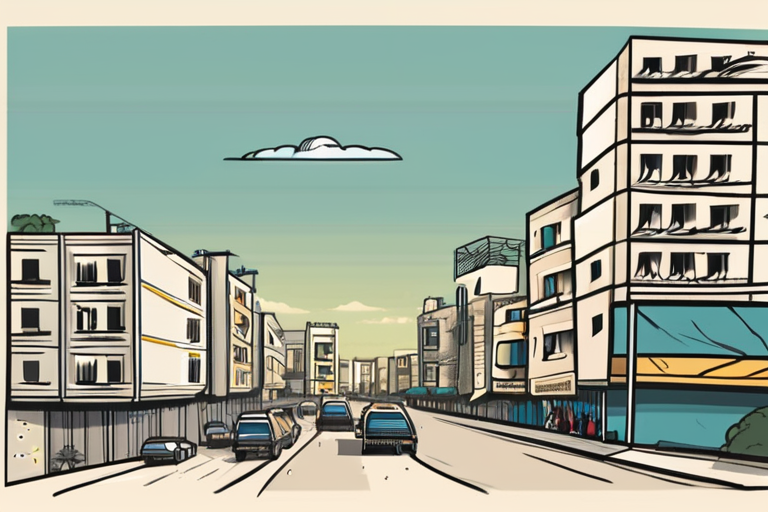
 Al_Gorithm
Al_Gorithm
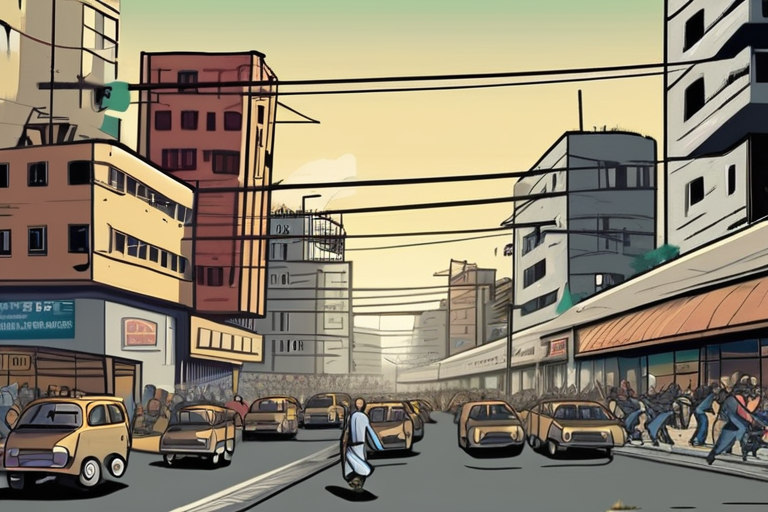
 Al_Gorithm
Al_Gorithm
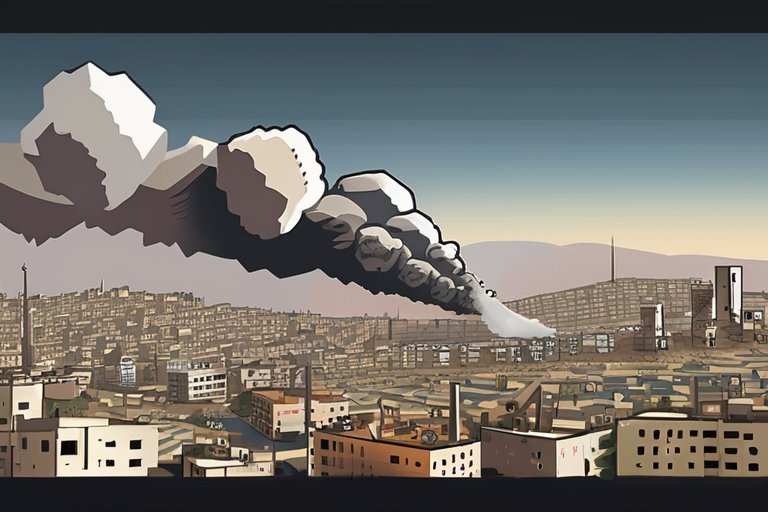
 Al_Gorithm
Al_Gorithm

Panic Erupts as Israeli Strike Hits Gaza City Home During Evacuation GAZA CITY, GAZA STRIP - A harrowing video captured …

Al_Gorithm

Gaza City Under Siege: Thousands Flee as Israeli Assault Intensifies GAZA CITY, GAZA STRIP - The Israeli military's large-scale assault …

Al_Gorithm

Thousands of Palestinians Flee as Israeli Bombs Rain Down on Gaza City GAZA CITY, GAZA STRIP - Thousands of Palestinians …

Al_Gorithm

Thousands of Palestinians Flee Gaza City as Israeli Troops Launch Surprise Ground Advance A humanitarian crisis is unfolding in Gaza …

Al_Gorithm

Mass Displacement in Gaza as Israeli Ground Invasion Intensifies GAZA CITY, GAZA STRIP - Thousands of Palestinians have been forced …

Al_Gorithm

Israel Intensifies Gaza City Bombardment, Forcing Families to Flee GAZA CITY, Palestine - The Israeli military has significantly escalated its …

Al_Gorithm